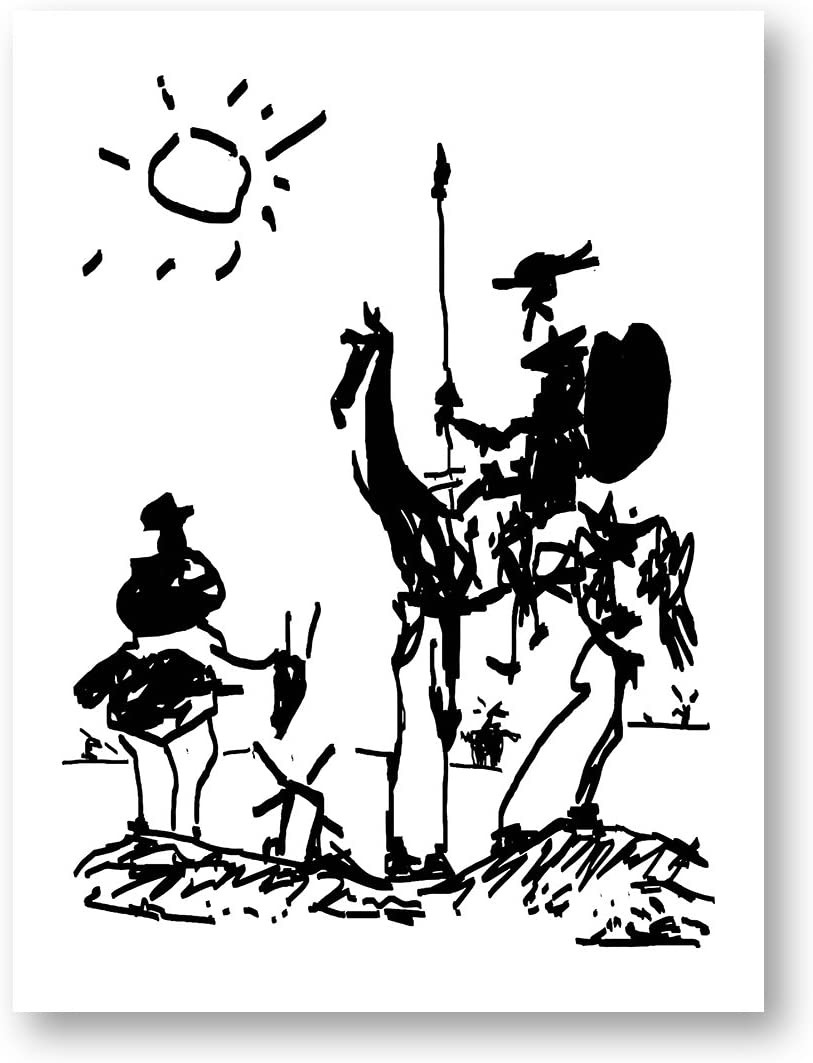This, too, is very logical. It is due to the nature of systems.
When one component, or even a lot, get "upgraded" this does not result in the overall results being improved. A system works best when all components work together to one or multiple goals in seemless harmony, creating emergence.
Therefore, if a component is out of place, even if it is better than its predecessor, it won't yield the correct results.
So for the methods to have a large, positive, impact, the entire system needs to be transformed.
This is why I don't want to upgrade a component of education at a time, but completely transform it once my theory of optimal education is complete. Like a phoenix, from the ashes we will rise. Burn it all down, and build it up again with an OODA loop at the core... The system needs to be in constant change, for without change, evolution cannot happen.
Observation
Orientation
Decision
Action
This loop needs to be at the center of every system for "systems without the inherent capacity to change are doomed to die" -- Colonel John Boyd.
Of course, the system will need to be designed with utmost care and based on countless amounts of research, reviewed by a multitude of world-class experts in numeral areas.
